By Leah Wickett
ARB and Ohio Valley History Intern
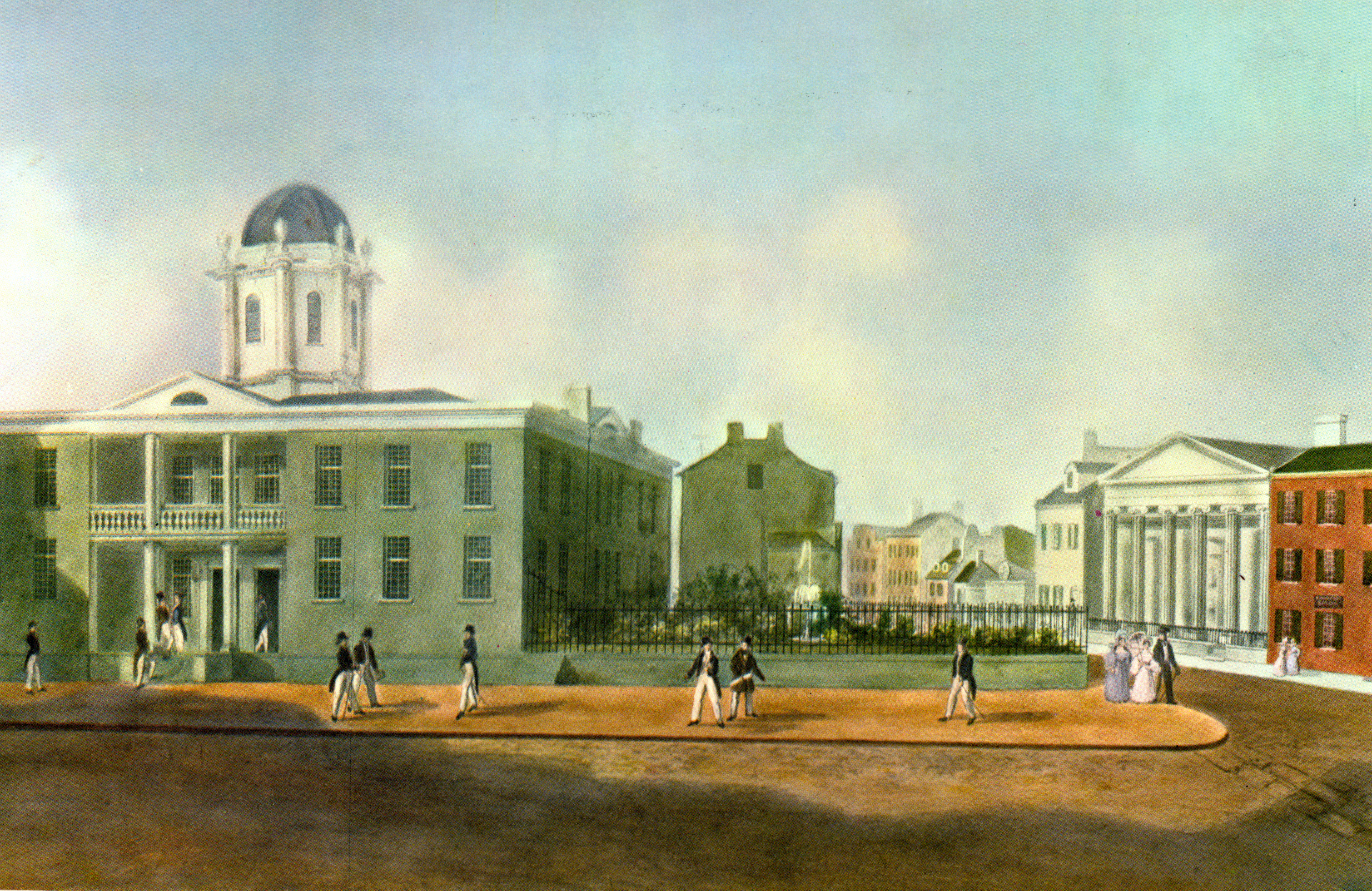
Cincinnati College, 1819
Founded in 1819, Cincinnati College was home to two literary societies, the Philomathic Society and the Erophoebic Society (which had a bit of a rivalry between them).[1] Students of the College formed the Philomathic Society prior to the opening of the College, on January 18, 1818.[2] The Society’s aim was “for mutual literary improvement” and its first members were John Hough James, Junius James, George Mackey Wilson, Lemuel D. Howells, Robert T. Lytle, and Edward L. Drake.[3] Soon after its creation, the student members created a separate branch of the Philomathic Society for elected members consisting of William Henry Harrison, Thomas Peirce, Daniel Drake, Benjamin Drake, Peyton Short Symmes, as well as “other gentlemen, well known at that day… interested in literary affairs.”[4] On April 3, 1821, Daniel Drake invited the members of the Philomathic Society to join the public commencement of the Medical College being held the following day at Cincinnati College’s Chapel.[5] In the early part of 1821, the Society created a semi-monthly paper called The Olio, which featured local literature and was “the first effort on the part of a literary society, in the West, for development of poetic ability.”[6] The publication contained historical essays, articles, poetry, and the occasional “humorous essay.”[7] The Olio, published and edited by John H. Wood and Samuel S. Brooks, ended after just one year of publication.[8] Continue reading →

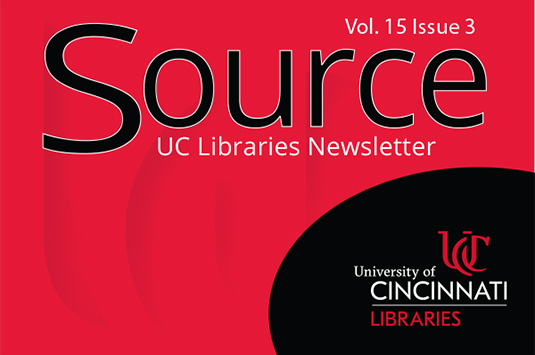
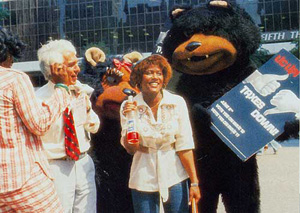
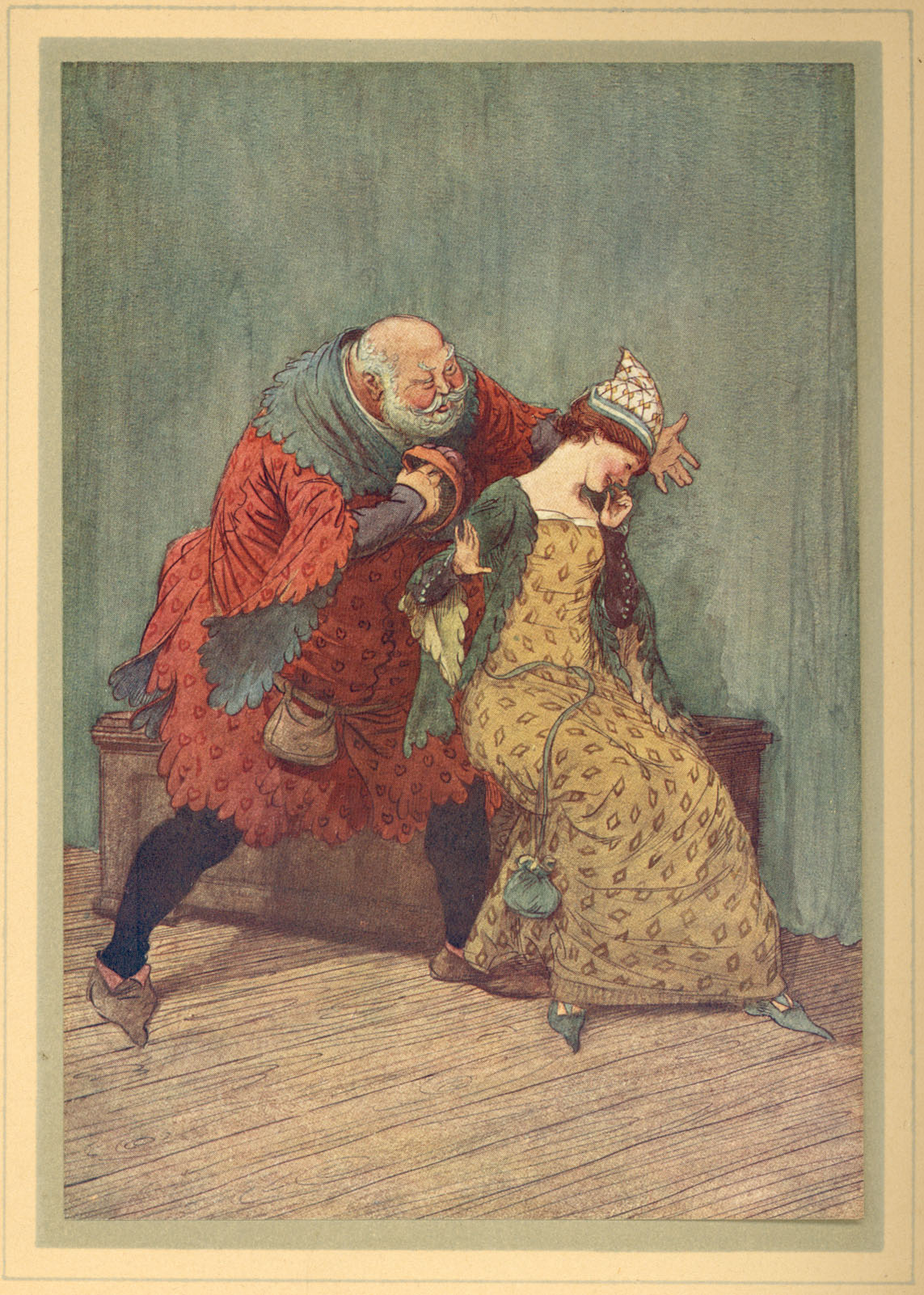 In my previous blog I mentioned that the Cincinnati Shakespeare Company would be putting on free productions of Merry Wives of Windsor this summer as part of its Shakespeare in the Park series. If you’ve read the play or seen the show, you know a main plot point is about Sir John Falstaff and how he tries to seduce Mistress Page and her best friend, Mistress Ford—at the same time. Both women, faithful to their husbands, decide to create quite the fool out of Falstaff by feigning interest and arranging secret meetings between Falstaff and Mistress Ford. Those meetings are always interrupted by Master Ford coming home, thus putting Falstaff in precarious positions. One of the most notable scenes involves Falstaff donning a dress, pretending to be the fat aunt of the Fords’ servant so he can leave the house without being recognized. It’s been long thought of as one of the funniest scenes in the play…why? What is it about a man in a dress that gives us a big chuckle?
In my previous blog I mentioned that the Cincinnati Shakespeare Company would be putting on free productions of Merry Wives of Windsor this summer as part of its Shakespeare in the Park series. If you’ve read the play or seen the show, you know a main plot point is about Sir John Falstaff and how he tries to seduce Mistress Page and her best friend, Mistress Ford—at the same time. Both women, faithful to their husbands, decide to create quite the fool out of Falstaff by feigning interest and arranging secret meetings between Falstaff and Mistress Ford. Those meetings are always interrupted by Master Ford coming home, thus putting Falstaff in precarious positions. One of the most notable scenes involves Falstaff donning a dress, pretending to be the fat aunt of the Fords’ servant so he can leave the house without being recognized. It’s been long thought of as one of the funniest scenes in the play…why? What is it about a man in a dress that gives us a big chuckle? 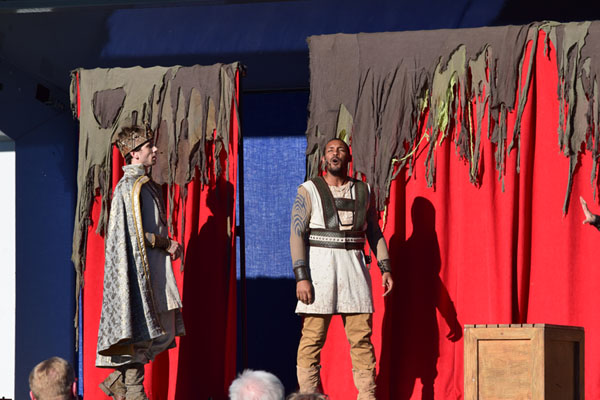
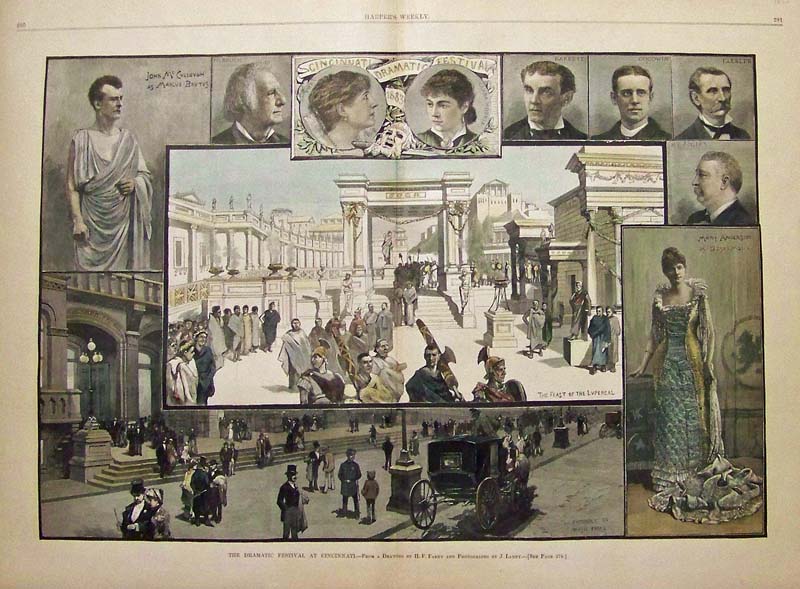

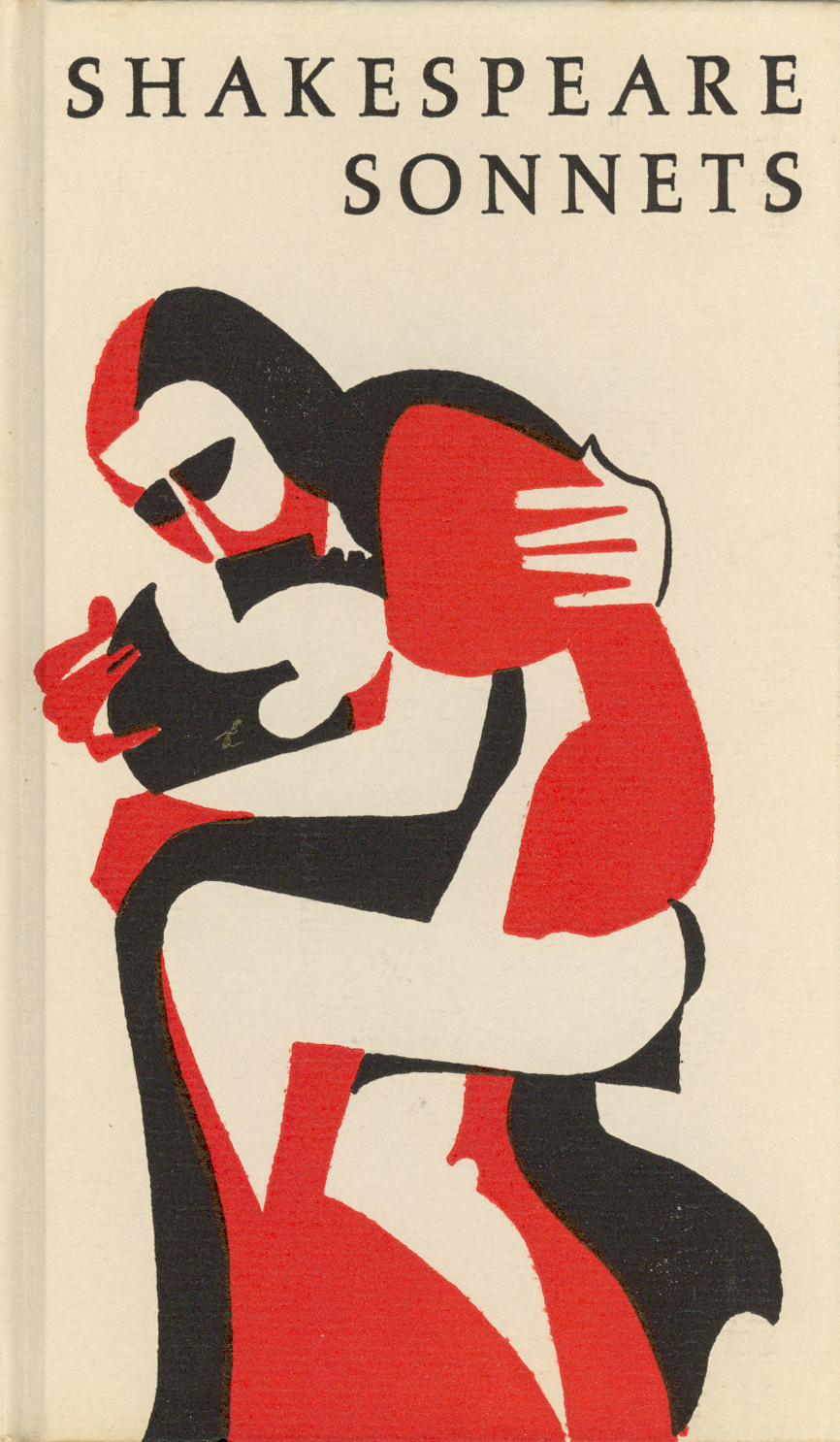 Happy National Poetry Month! In 1996, the Academy of American Poet designated April as the month to officially celebrate poetry. Here at ARB, we celebrate poetry all year round, but figured we would take this opportunity to talk some about Shakespearean sonnets.
Happy National Poetry Month! In 1996, the Academy of American Poet designated April as the month to officially celebrate poetry. Here at ARB, we celebrate poetry all year round, but figured we would take this opportunity to talk some about Shakespearean sonnets. 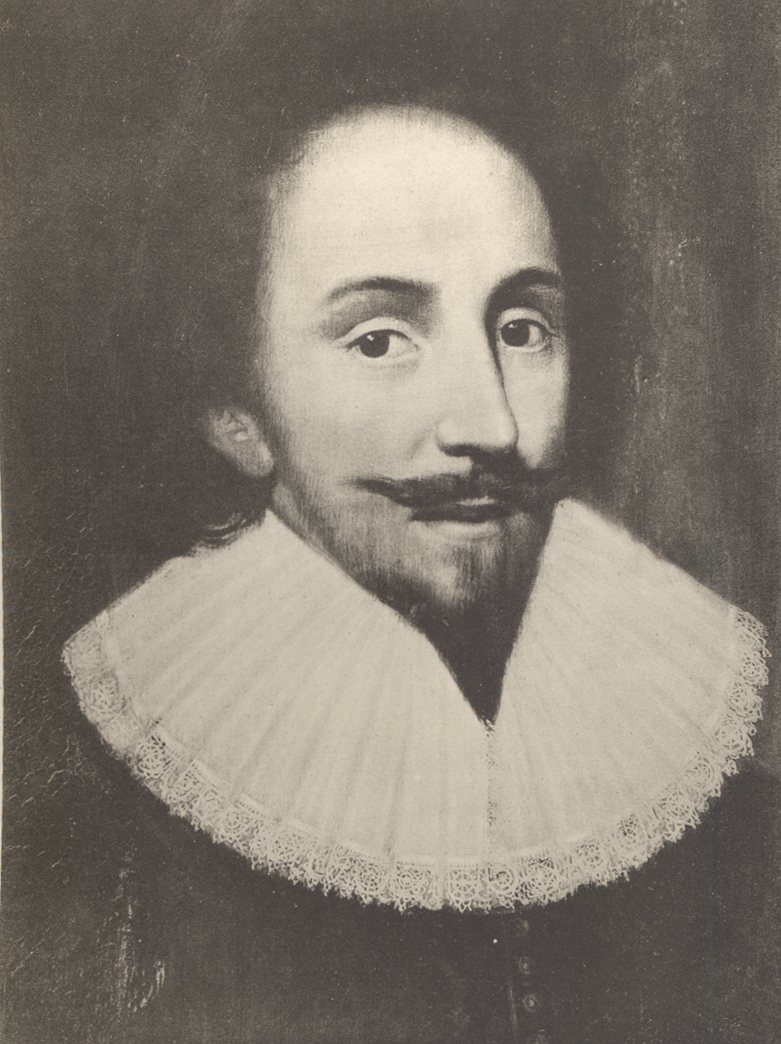 The Archives and Rare Books Library is proud to announce our partnership with the Cincinnati Museum Center. The Museum Center just announced their Shakespeare exhibit, which ARB is helping them prepare! Opening August 25th, the exhibit will be centered on Shakespeare’s First Folio (published 1623). The Folio is generously being lent to CMC by the Folger Shakespeare Library, which toured the work throughout the U.S. just last year. The exhibit will explore Shakespeare through time—how his works have adapted, what’s influenced new interpretations, and how appreciation of his work has evolved. There will be a focus on how Cincinnati has interacted with Shakespeare over time.
The Archives and Rare Books Library is proud to announce our partnership with the Cincinnati Museum Center. The Museum Center just announced their Shakespeare exhibit, which ARB is helping them prepare! Opening August 25th, the exhibit will be centered on Shakespeare’s First Folio (published 1623). The Folio is generously being lent to CMC by the Folger Shakespeare Library, which toured the work throughout the U.S. just last year. The exhibit will explore Shakespeare through time—how his works have adapted, what’s influenced new interpretations, and how appreciation of his work has evolved. There will be a focus on how Cincinnati has interacted with Shakespeare over time.